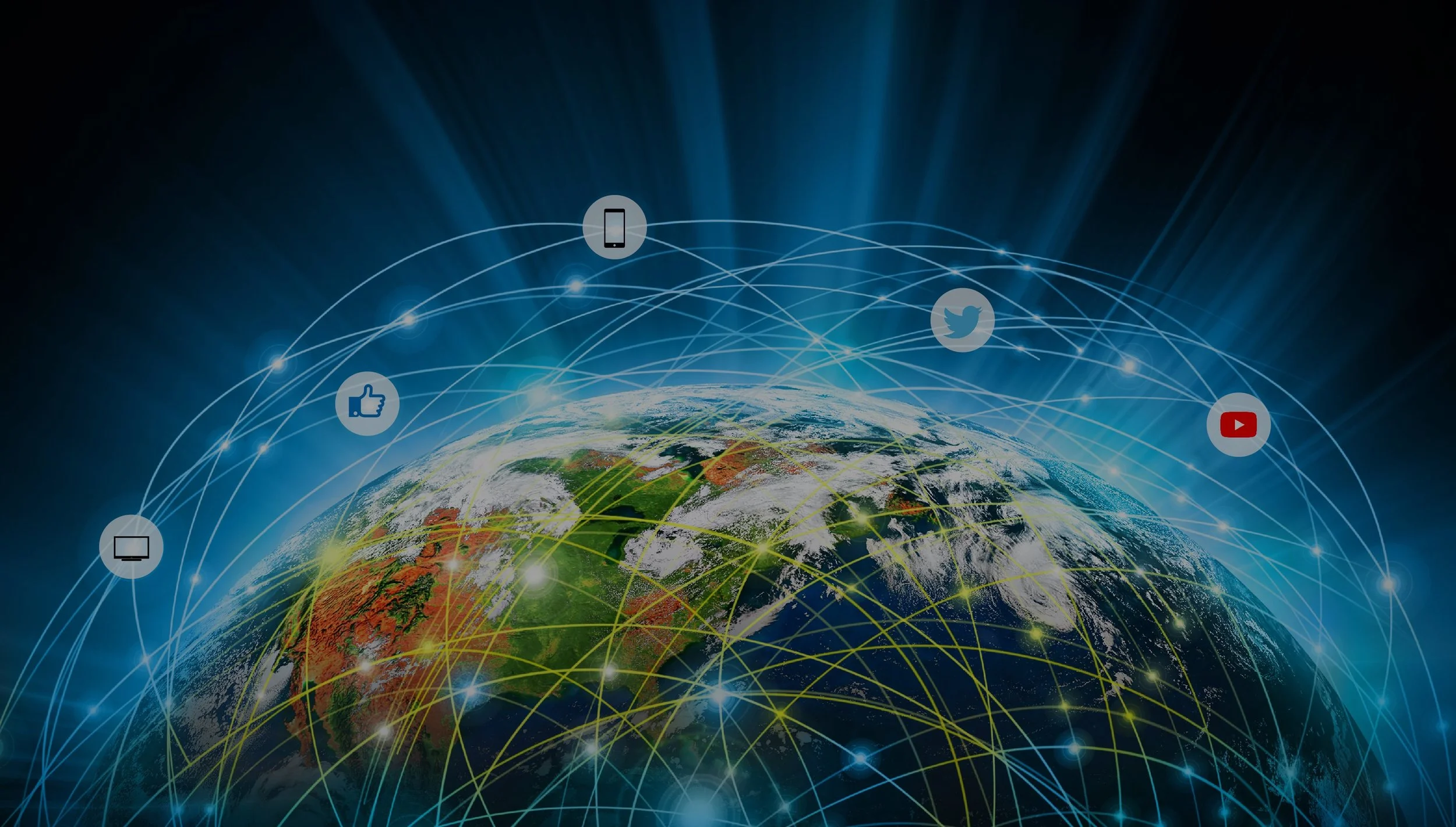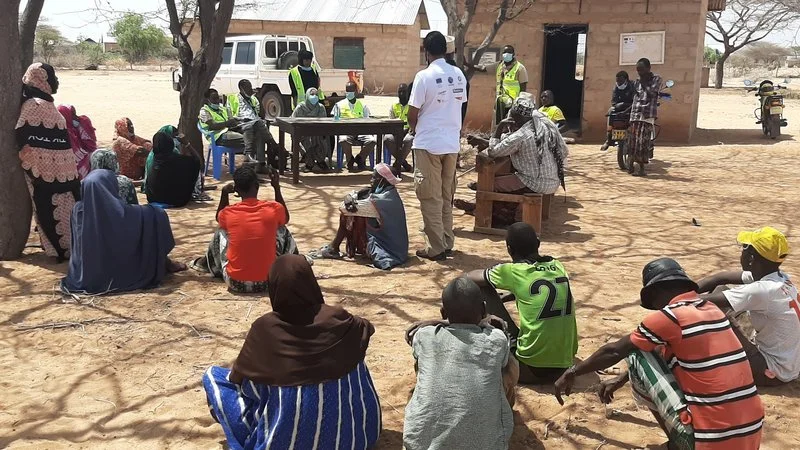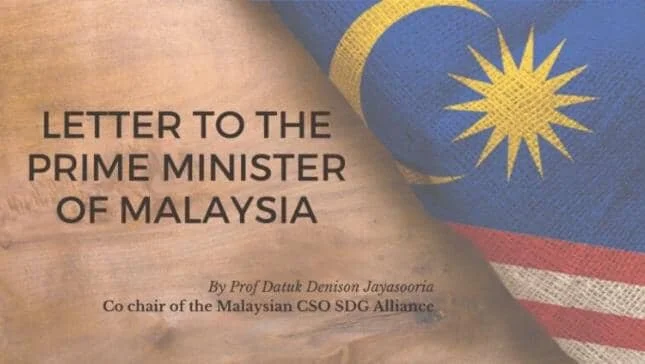The DAC defines official development assistance (ODA) as “government aid that promotes and specifically targets the economic development and welfare of developing countries.” Understanding of this definition has changed over time, recognising, for example, the emergence of “non-DAC providers or philanthropic foundations, the diversification of financial instruments for development, or the increasing overlap of development cooperation policy objectives with those of other sectors such as migration and security.”
SHIFTING FUNDING PRACTICES
Build and Share Power: Non-profits and movement leaders have traditionally not been present in rooms where governments and corporations make big structural decisions. This is especially true for black-, indigenous-, and people of color-led organisations, as well as those led by women, young people, and people with disabilities. Funders can help re-balance these inequities. They can achieve this by sharing power with and building power for the social sector, giving more resources directly at the local level to organisations with local leadership and local ownership, and making more robust investments in organizations led by proximate leaders of color. More inclusive decision-making structures and spaces need to be designed.
IDEAS TO ADVANCE LOCALIZATION
This article captures the full range of notes and ideas to address localization challenges, generated by workshop participants during brainstorming and small group discussions. The views and conclusions contained in this article are primarily those of non-USAID participants and should not be interpreted as representing the views, positions, or official policies, either expressed or implied, of the U.S. Government.
CHALLENGES TO LOCALIZATION
This article captures the full range of notes and ideas about the challenges to localization, generated by workshop participants during brainstorming and small group discussions. The views and conclusions contained in this article are primarily those of non-USAID participants and should not be interpreted as representing the views, positions, or official policies, either expressed or implied, of the U.S.Government.
Partners In Localization |Designing For Change
Those who work in the development and humanitarian sphere know that local ownership of international assistance is the route to greater equity, effectiveness, and sustainability. USAID has embraced this understanding and redoubled our commitment to shift funding and decision-making power to the people, organizations, and institutions driving change in their communities. Similar commitments are shared by actors across the development and humanitarian ecosystem, from national and local to U.S.-based or international organizations.
The Youth Café At The Voluntary National Review-Voluntary Local Review Workshop.
Voluntary National Review is a strategy based on the 2030 Agenda: Member states to "conduct regular and inclusive reviews of progress at the national and sub-national levels, which are country-led and country-driven. Like the 2030 Agenda of participation, The Youth Café strives for global connection, has reached over 72 countries, and is a local and national rope for achieving goals. The Youth Cafés principles are a call to action for governments, civil societies, private and public sectors, bi- and multilateral, and knowledge institutions. To invest in mutual prospects and work in partnership for sustainable development.
An Open Letter To The Prime Minister of Malaysia
We all know that Malaysia has been active in the UN since 1957 and we have played a key role especially in peacekeeping, on human rights, having served in the Human Rights Council, global advocacy on the removal of the apartheid regime in South Africa and on the rights of Palestinian and Rohingya people. Malaysia has also been active at the global, regional (especially ASEAN) and domestic levels in promoting the role of the UN in development and global peace.








